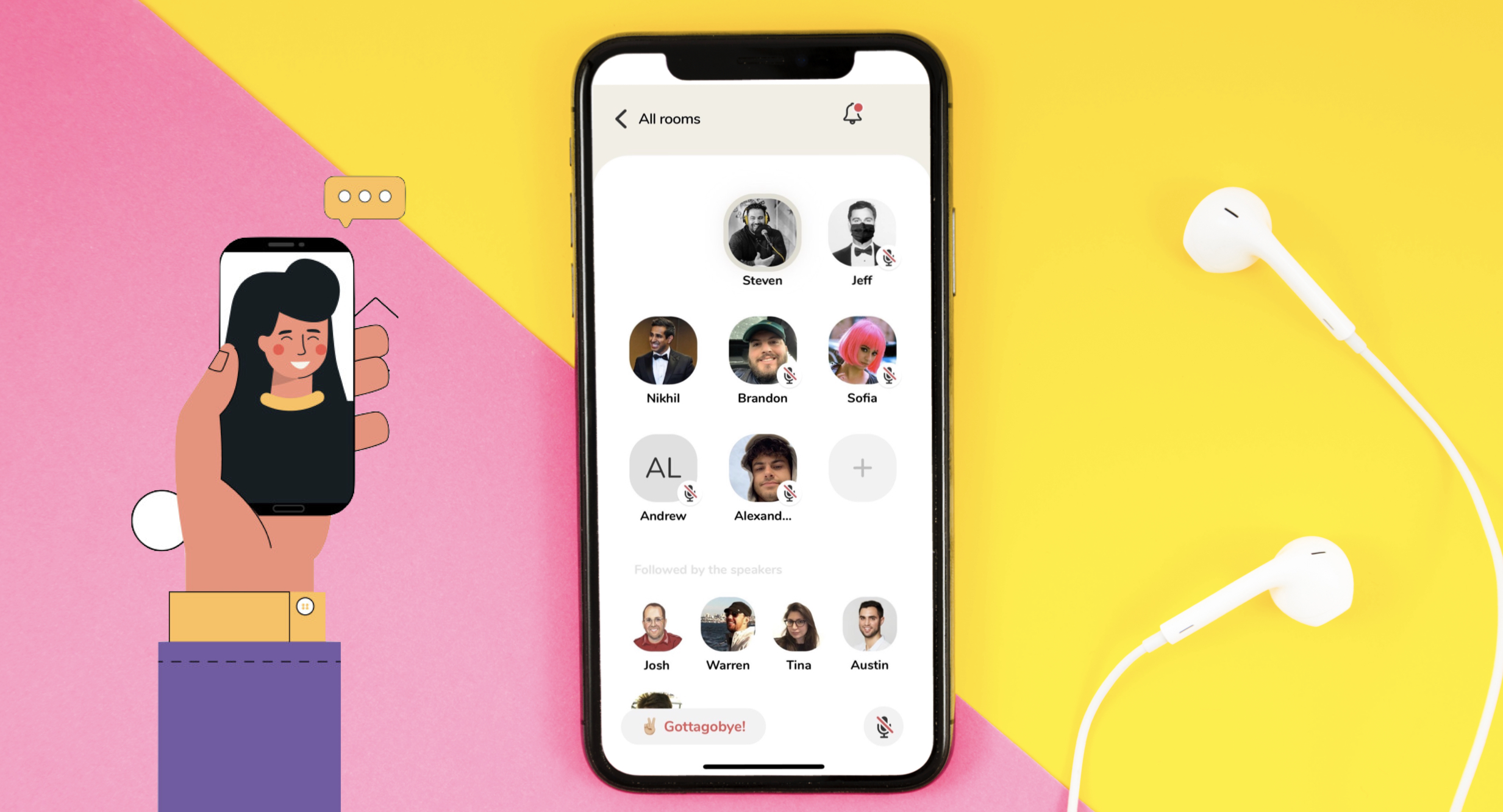How to Use Clubhouse App: Use Cases for Business Owners and Marketers

While social media platforms come and go and there are celebrities and tech giants on other platforms, Clubhouse is showing all the signs of turning social media marketing as we know it on its head. Here are a few reasons why Clubhouse may be the next major social media platform:
- It offers the ability to connect and engage with professionals outside of your industry or niche.
- The typical social media algorithms that help people create echo chambers on other platforms are replaced with spontaneous rooms filled with real-time chats on a variety of topics.
- The focus is on high-value conversations rather than produced content.
- Clubhouse users are already fiercely loyal and protective, so much so that they’ve been very particular about who they invite to join the app with them.
Most of all, Clubhouse is finally bringing into social media the factor other platforms largely ignore audio. While other platforms focus on visual and written media (such as captions, images, and videos), Clubhouse shifts the focus to an audio-only format.
Within minutes of joining the app and scrolling around, your mind will be brimming with options for how to use Clubhouse to network, grow your authority, or expand your knowledge.
Community-building for coaches and trainers: While Clubhouse App is still in private beta, you may not be able to get your entire community onto the app. But once the app opens up to the public, Clubhouse becomes a great new place to bring your community and opens up a new way to engage and connect with them. Additionally, as you network and meet other Clubhouse members, you’ll find they’ll naturally follow you over to your other channels and communities.
Community-building for virtual events: 2020 saw a surge in virtual events and summits, but with it came privacy concerns and expenses trying to get attendees together into a live setting. The clubhouse offers an intimate, exclusive community in the form of a club that can accompany virtual and even in-person events for attendees to connect and engage with each other.
Curating content for content creators: Recording and transcribing conversations in Clubhouse rooms without every participant’s permission is strictly against the platform’s Terms of Use. However, you can start a new room for the purpose of curating content by adding your intentions to the room’s public title and description. Then you can use a room to ask questions, interview other members, grab tidbits and advice on various subjects, and put together articles.
Note: Once you start a Clubhouse room, you can’t edit or change the room’s title or description so you can’t decide to begin recording once the room has started. This is a decision you must make when setting up the room so you can add the appropriate notices for people.
Collaboration for projects and networks: Because anyone can start a private chat with one of their connections, Clubhouse is a great place to have private conversations regarding networking or collaboration opportunities. And once the chatroom is closed, nothing is saved, making the entire conversation private and protected.
Podcast communities: Again, this might be hard to do while Clubhouse remains in private beta, but once the app is public, you can use Clubhouse clubs to build communities related to your podcast without having to add a lot of content creation and overhead to keep your community engaged between episodes.
Networking with experts in other industries: We all know the value of networking and learning from experts within our own industries, but imagine the value of learning from other startups, small business owners, multimillion-dollar CEOs, and tech giants. For many of us, we could only dream of being able to hear them speak on stage. Now Clubhouse has built a platform that makes it possible to share a stage with them, ask a direct question, and receive a response in real-time.